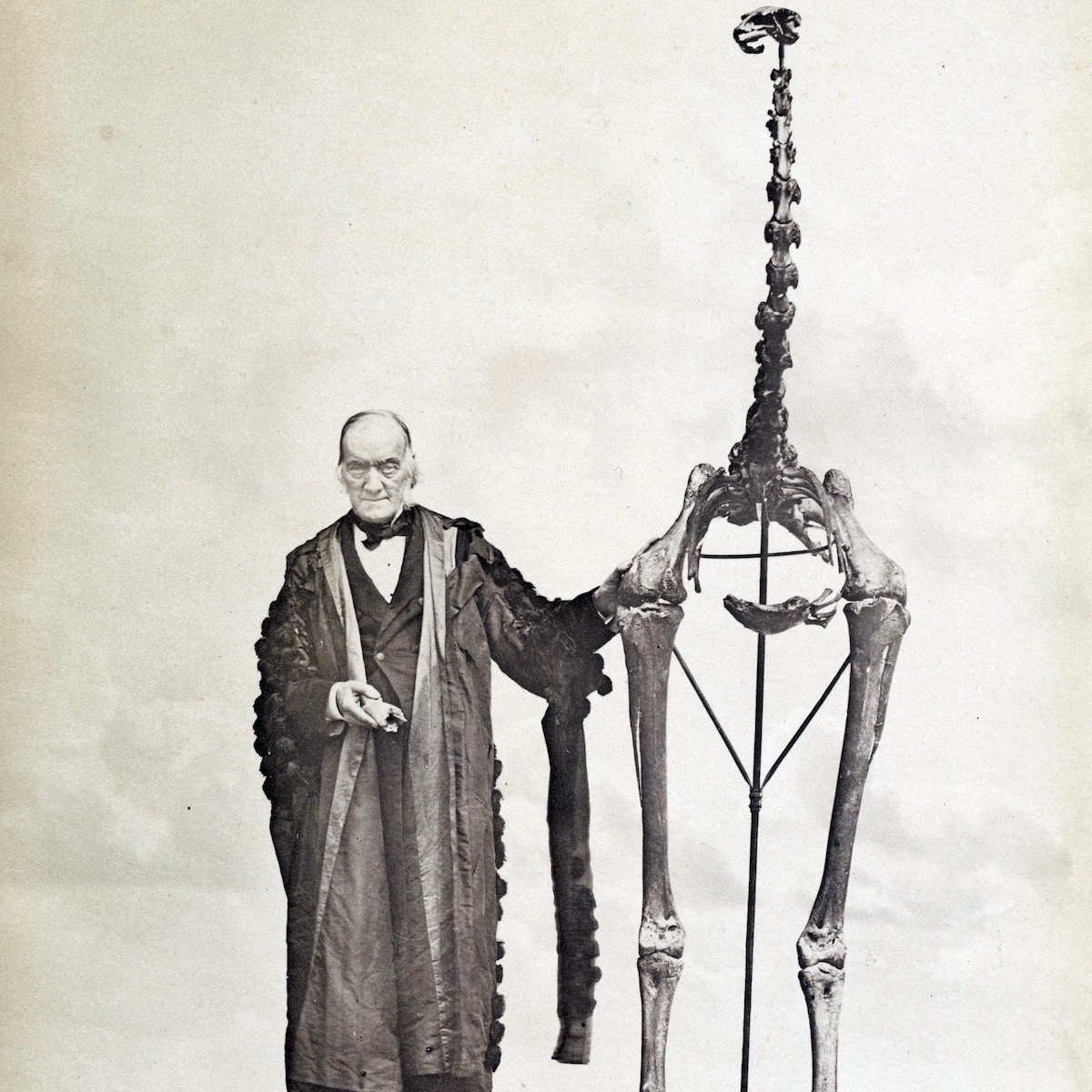

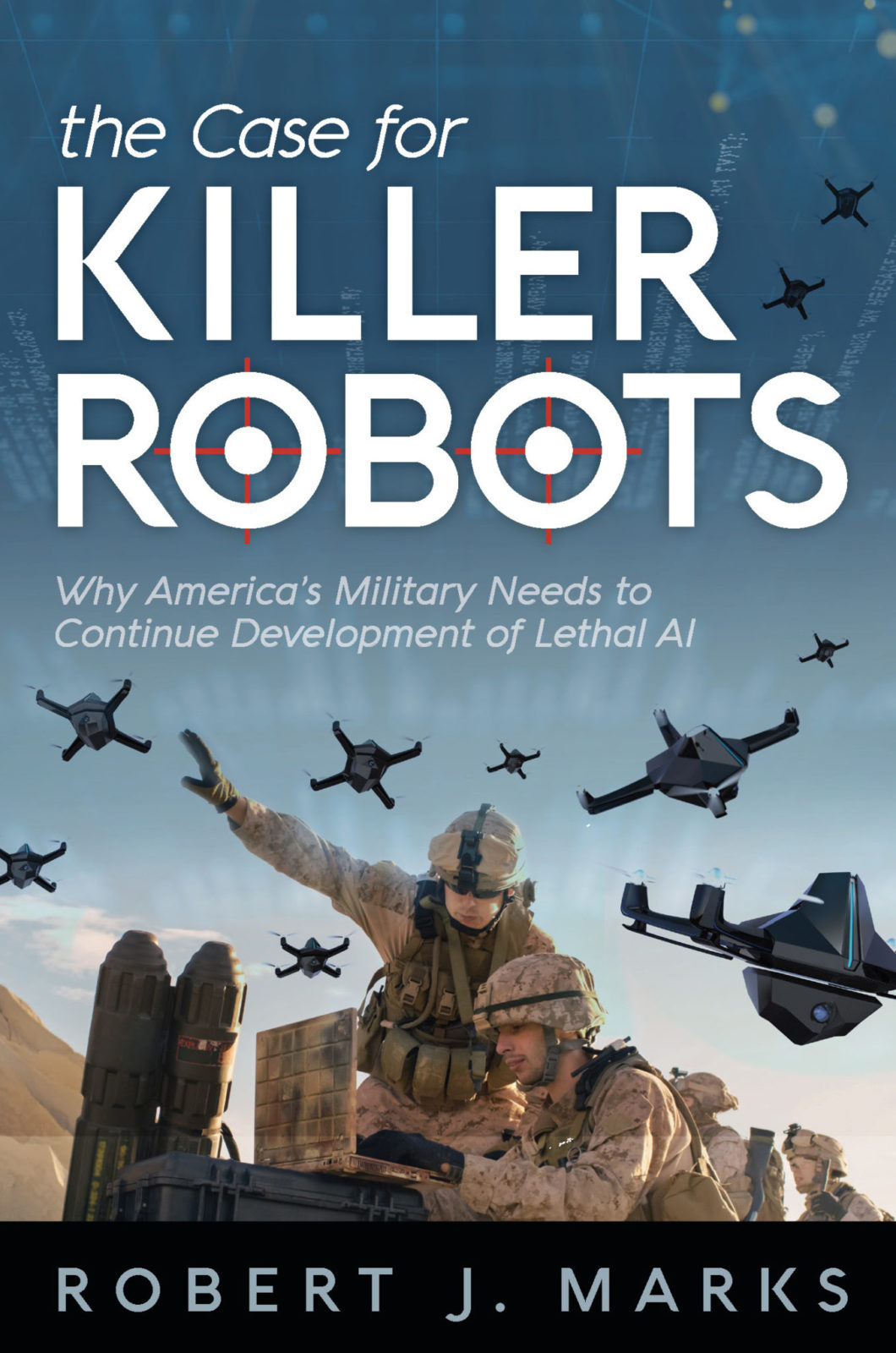
The Case for Killer Robots

A Moral Argument for Killer Robots: Why America’s Military Needs to Continue Development of Lethal AI

Discovery Institute Announces New Fellow Tom Shakely Joining its Center on Human Exceptionalism
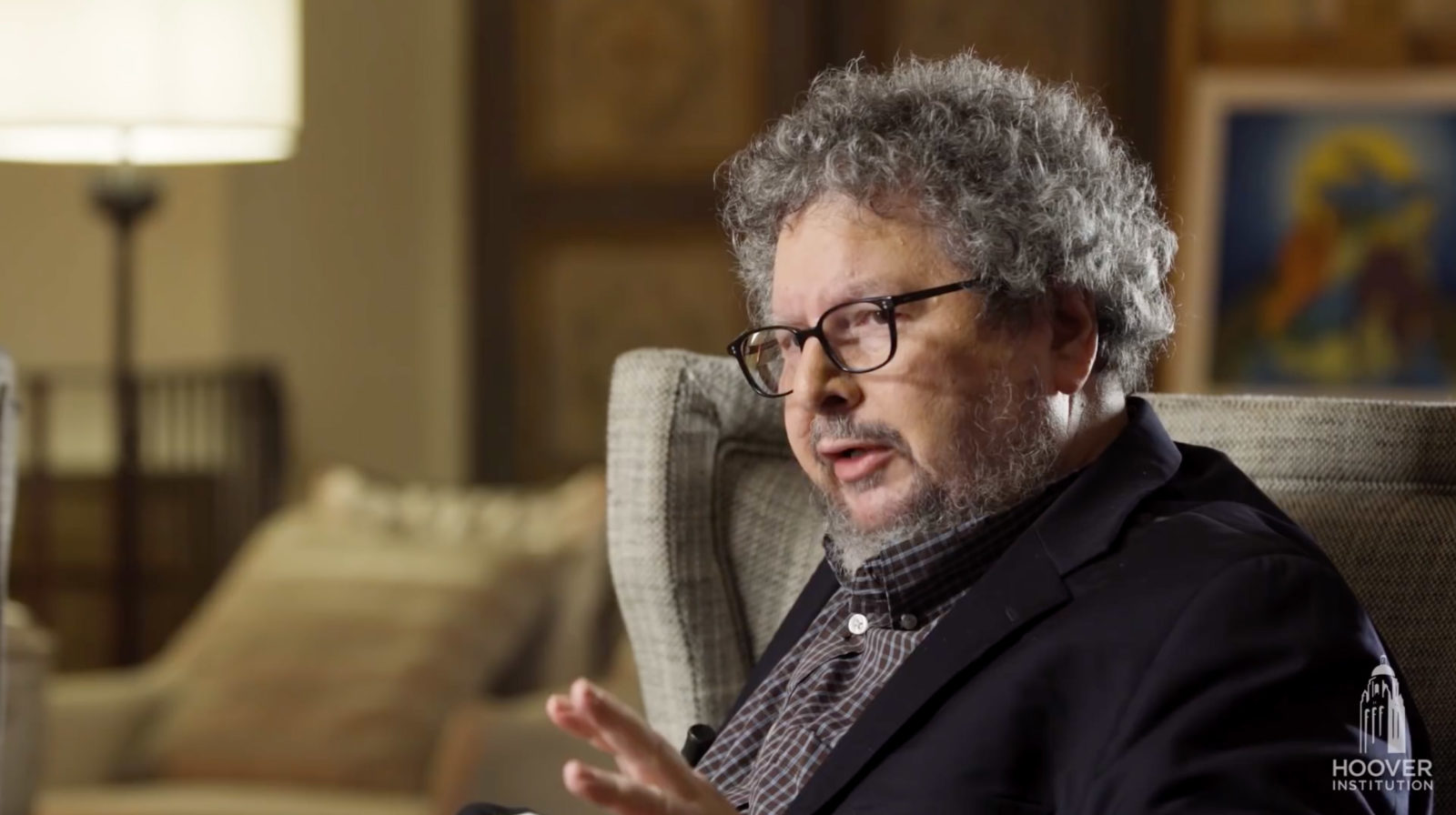
#1 of Our Top Stories of 2019: Informed by Discovery Authors, Yale’s David Gelernter Rejects Darwinism

Abolish the Police?
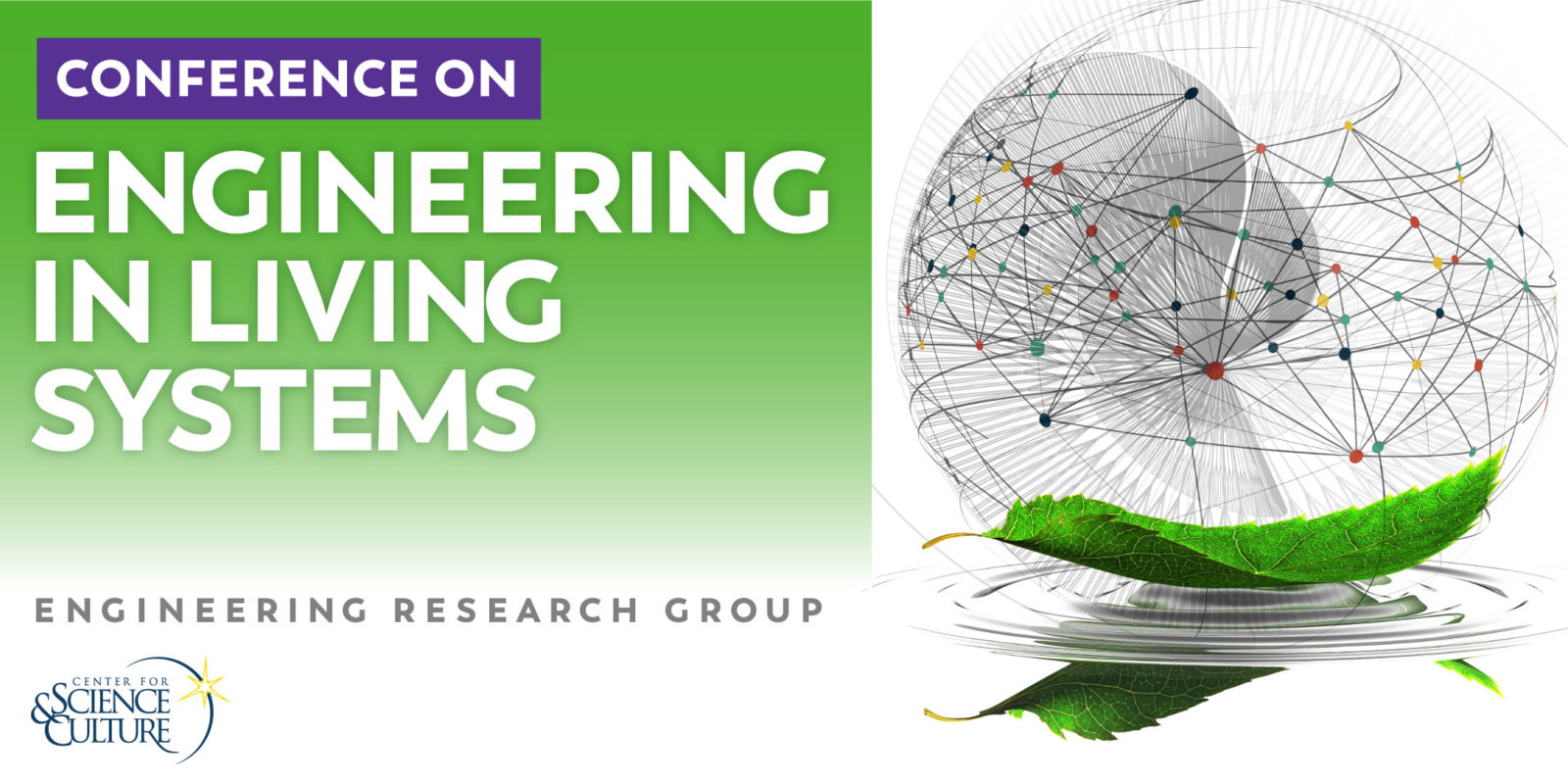
Conference on Engineering in Living Systems

Christopher Rufo Featured in WORLD Magazine Story on Tiny Houses
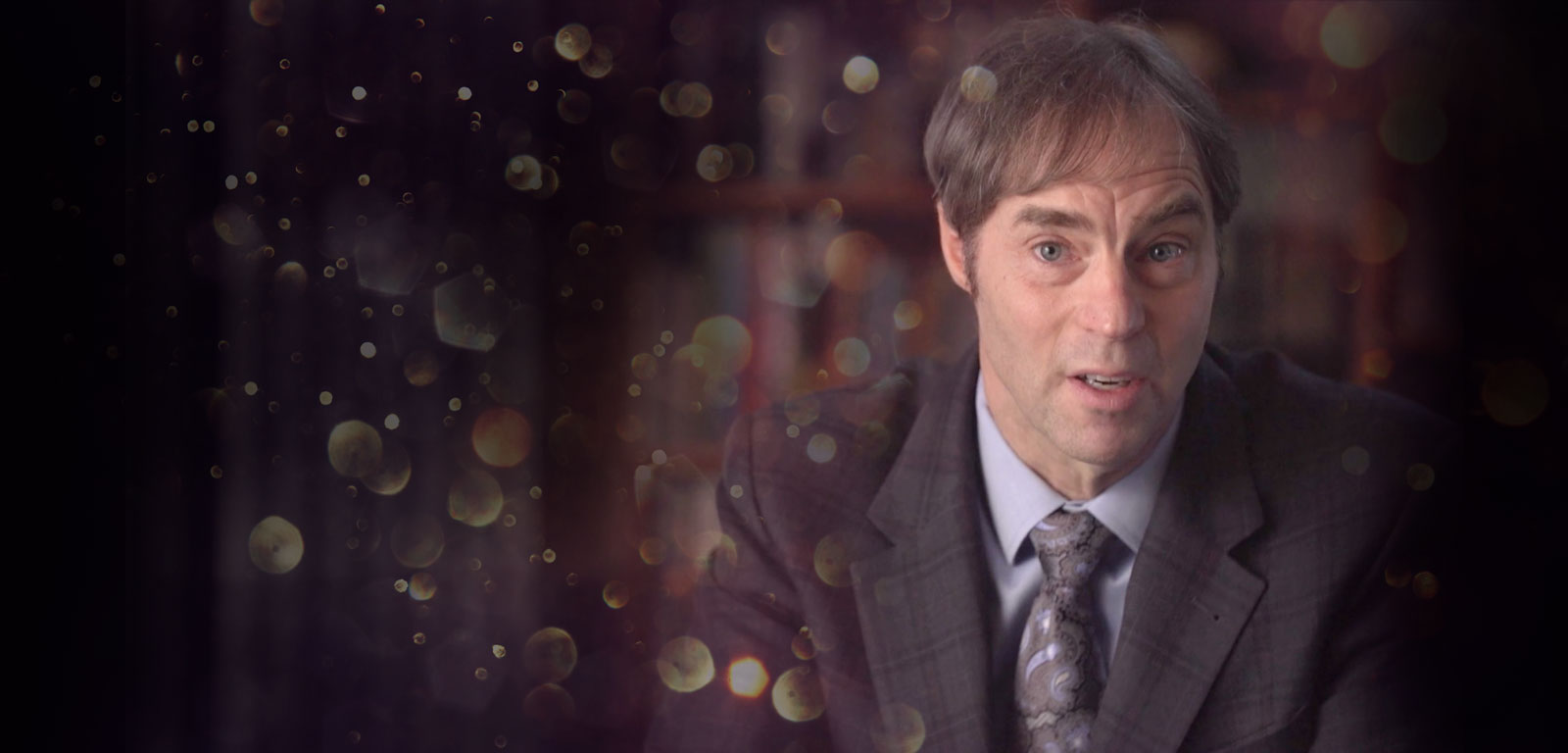
Steve Meyer’s 2019 End of Year Message
Steve Meyer, Director of the Center for Science and Culture at Discovery Institute, gives an end of year thank you to our supporters, reviews the exciting progress made in 2019, and even makes an announcement about his next book.
Like Steve Meyer, you understand the importance of ideas to the future of our culture. And you understand how investing in ideas like intelligent design can change lives. Will you help us change more lives in 2020?
Read More ›